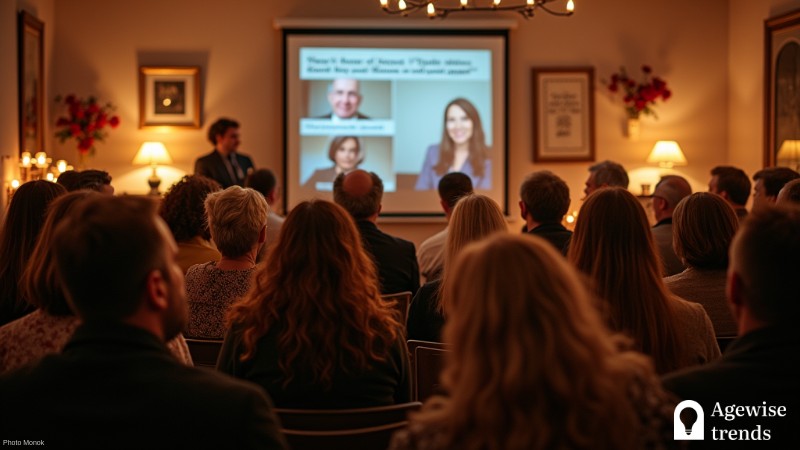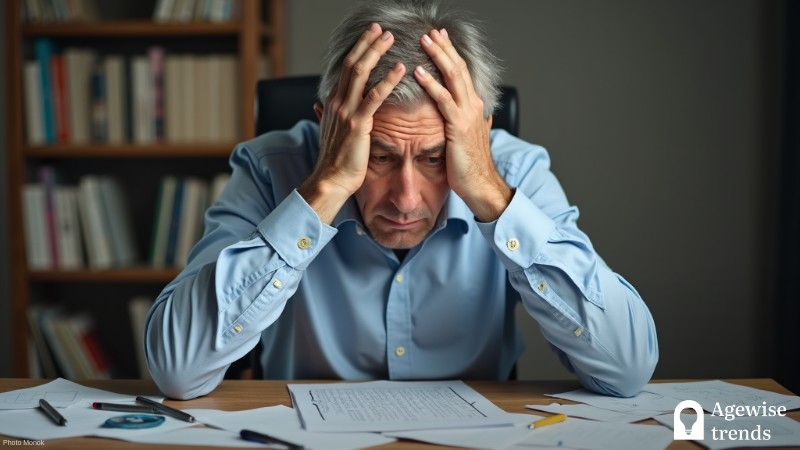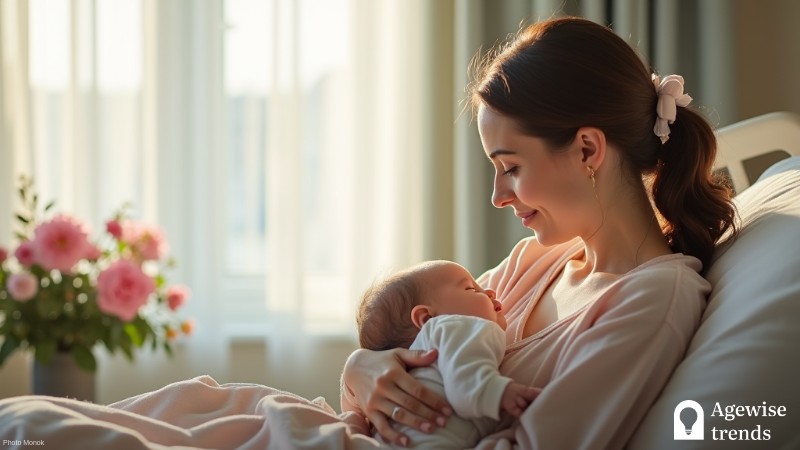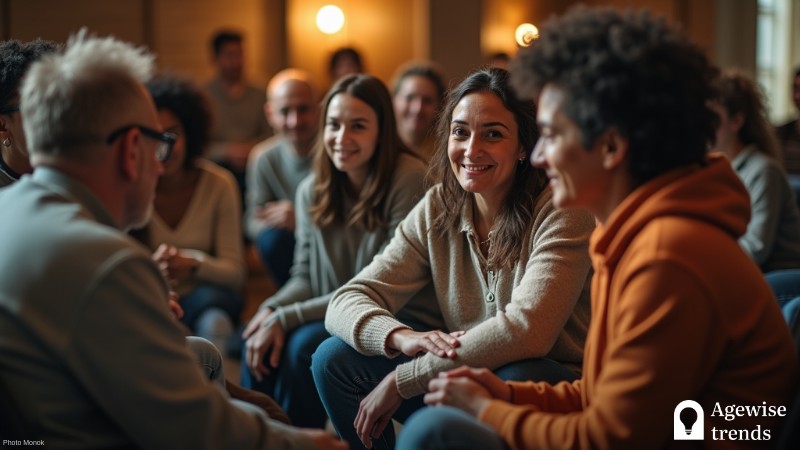Losing a spouse is one of the most heartbreaking experiences a person can endure. The loss brings grief, uncertainty, and many unanswered questions. How do you move forward? What should you do with your spouse’s belongings? Will the pain ever lessen? While grief is deeply personal, support from others who have experienced similar loss can make the journey a little easier.
To provide guidance and comfort, Trinity Lutheran Church and School is hosting a “Loss of a Spouse” seminar on Sunday, March 16, 2025, from 1:00 to 3:00 pm at Trinity Lutheran School, 515 S. MacArthur Blvd., Springfield. This free seminar is designed for widows and widowers seeking support, encouragement, and practical steps toward healing.
Key Takeaways
Trinity Lutheran Church and School is hosting a ‘Loss of a Spouse’ seminar to provide support and guidance for widows and widowers.
- The seminar offers emotional support and practical advice for navigating grief.
- Attendees will receive a take-home booklet with over 30 short readings for continued guidance.
- Expert advice from grief counselors and therapists helps participants understand and cope with their emotions.
Understanding grief: Why support matters
Grief after the loss of a spouse can feel overwhelming. Many widowed individuals describe feelings of loneliness, confusion, and emotional numbness. In addition to emotional struggles, there are practical challenges—handling finances alone, managing daily responsibilities, and adjusting to a new routine.
A key element of healing is connecting with others who understand the pain of loss. Studies show that those who participate in grief support programs experience reduced feelings of isolation, better coping strategies for daily life, and a sense of hope that healing is possible.
What to expect at the seminar
The “Loss of a Spouse” seminar offers a structured approach to grief recovery, providing both emotional support and practical guidance for those mourning the death of a spouse. This two-hour session is designed to help participants navigate the complexities of grief while offering a sense of community and understanding.
The seminar begins with a 35-minute video presentation featuring counselors, pastors, and widowed individuals who share their experiences and insights on coping with loss. Their stories and professional guidance provide reassurance that healing is possible.
Following the video, attendees have the option to participate in a group discussion, where they can connect with others who have faced similar loss. While sharing is encouraged, there is no pressure to speak—participants are welcome to simply listen and absorb the support around them.
Each attendee will also receive a take-home booklet containing over 30 short readings, offering continued guidance on processing grief and rebuilding life. The seminar provides practical advice on managing overwhelming emotions, coping with loneliness, and working through the process of sorting a spouse’s belongings at a comfortable pace.
Additionally, participants will learn why healing takes time and how to practice patience with themselves as they move forward. Through expert insights, shared experiences, and valuable resources, this seminar serves as a stepping stone toward hope and healing.
Expert advice: Tools for healing
The seminar also features guidance from leading grief counselors, pastors, and therapists who specialize in loss and bereavement. Their expertise helps attendees understand grief, process emotions, and develop healthy coping strategies.
These experts help answer common questions about grief, such as why the experience feels different for everyone, how to manage practical responsibilities while mourning, and what healthy ways exist to honor a spouse’s memory. Their guidance provides reassurance that healing is possible, even in the midst of deep sorrow.
Hope beyond grief: Moving forward after loss
Grief does not have a set timeline. Some widows and widowers begin to heal within months, while for others, it takes years. The key to healing is to move at your own pace and seek support when needed. Attending a grief seminar like “Loss of a Spouse” can provide comfort by connecting individuals with others who understand their pain, helping them feel less alone.
These sessions also offer valuable coping strategies for managing difficult emotions, giving participants practical tools to navigate their grief. Most importantly, they provide reassurance that while the pain may feel overwhelming now, it will not last forever, and healing is possible.
Steps toward healing
For those coping with loss, taking small yet meaningful steps can support the healing journey. Finding comfort in a grief support group can be helpful, as engaging with others who have gone through similar experiences provides comfort and a shared sense of understanding. Establishing a daily routine, even with simple activities like morning walks or journaling, can bring a sense of stability during difficult times.
It’s also important to take your time with major decisions and avoid rushing into significant life changes too soon after loss. Honoring a spouse’s memory in a way that feels personal—whether through a special ritual, charity work, or preserving keepsakes—can provide a sense of connection. Most importantly, allowing yourself to feel emotions without judgment is essential, as grief is not linear, and experiencing both good and bad days is a natural part of the process.
Finding light in the darkness
Losing a spouse is an incredibly difficult experience, but you are not alone. There is support available, and healing is possible. Whether through faith, community, or professional guidance, taking small steps toward rebuilding life can lead to renewed hope and strength.
If you or someone you know is struggling after the loss of a spouse, consider attending the “Loss of a Spouse” seminar on March 16, 2025. This event is designed to offer comfort, guidance, and encouragement during a time of grief.















